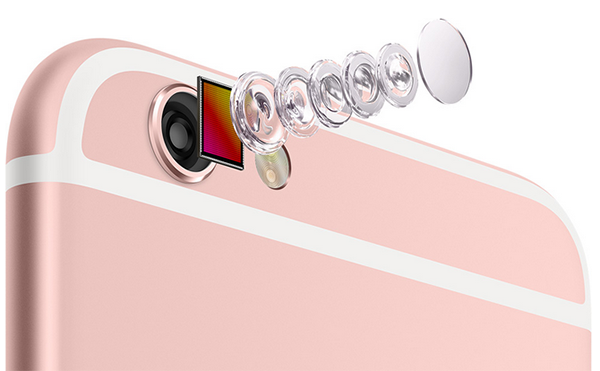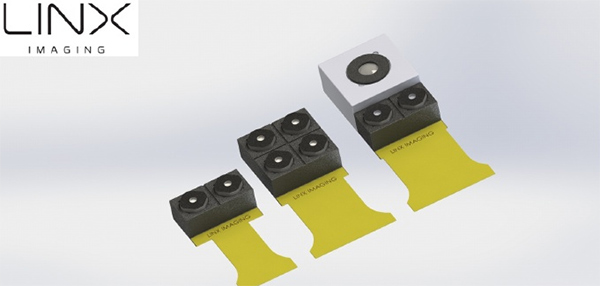Well-placed analyst Ming-Chi Kuo of KGI Securities is back once again with a new claim pertaining to the iPhone 7. Apple’s next-generation iPhone, which will likely land on physical and digital shelves this coming September/October, is already expected to have a design overhaul as part of its appeal. Kuo and KGI Securities are now suggesting that the device is likely to ship with a dual-camera option that utilizes the LinX Imaging camera technology that Apple acquired as part of the company acquisition last year.
The analysts prediction ties in nicely not only with last year’s acquisition of LinX Imaging, but also with the discovery of an Apple patent suggesting that a future iOS device could ship with a dual-camera style system. There’s been a substantial amount of chatter over the last few months about the benefits that would be provided should a company like Apple choose to integrate a dual-camera into a popular smartphone like the iPhone. The existence of a second lens would allow the device to capture significantly more image data as part of each shot, which in turn would enable vastly improved photographs in terms of quality.


In addition to suggesting that the iPhone 7 is “likely” to ship with this dual-camera option, KGI Securities is also expecting Apple to enable an enhanced optical zoom implementation that could offer 2-3x magnification. The interesting thing to note here is that Kuo and his company clearly believe that the iPhone 7 will not only offer superior photography improvements as one of its main selling points, but that those improvements will actually be device specific and could be the difference between a consumer choosing an iPhone 7 or an iPhone 7 Plus. If this implementation comes to fruition then it’s likely that it will only be the 5.5-inch iPhone 7 Plus that ships with the dual-camera hardware and associated features.


One of the challenges that Apple will face is how it goes about actually producing an elegant, user-friendly external aesthetic that manages to seamlessly blend the two camera lenses into the design. The two individual lenses would be necessary to capture independent photos of a particular scene before being spliced together using the advanced LinX Imaging algorithms to form a high-quality photograph. Only time will tell if a dual-camera implementation will combat the fears of analysts who are currently suggesting that Apple and its iPhone are on a downwards curve.
You may also like to check out:
You can follow us on Twitter, add us to your circle on Google+ or like our Facebook page to keep yourself updated on all the latest from Microsoft, Google, Apple and the Web.
